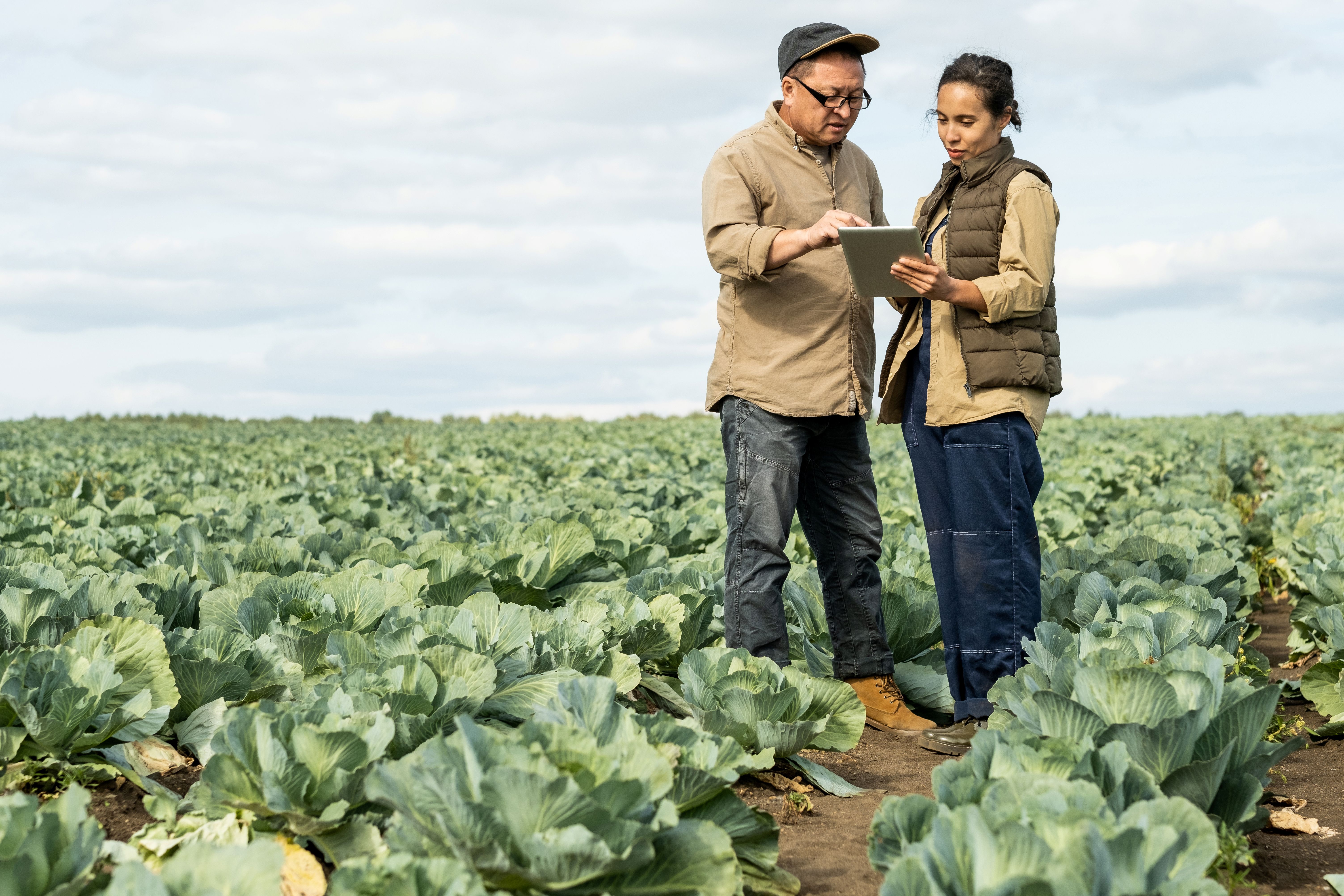If public policy sets the stage, it is private actors — farmers, cooperatives, SMEs, and investors — who ultimately bring digital transformation to life in Europe’s agriculture and forestry sectors. Yet despite their central role, adoption remains uneven. 4Growth research highlights both the barriers holding back private uptake and the pathways through which value chain actors can lead innovation.
One of the most persistent obstacles is data lock-in. Farmers often find themselves tied to proprietary platforms that make it costly or impossible to switch providers. This not only reduces competition but also undermines trust. The deliverable stresses the importance of modular, open, and interoperable tools — “plug-and-play” systems that allow farmers and SMEs to combine solutions without being locked into a single vendor. By choosing open platforms, private actors reduce risk and preserve autonomy.
Investment also remains a sticking point. While there is enthusiasm for digital tools, the mismatch between investment horizons and payback periods discourages adoption. Private actors can overcome this by embracing cooperative investment, hybrid finance, and novel business models such as freemium services that lower entry barriers. Aggregating demand through cooperatives or producer groups also helps spread risks and attract investor confidence. The key is to align financial innovation with real-world farming cycles and forest management needs.

Perhaps the most underestimated barrier is the skills gap. Digital literacy in many rural areas lags behind, and SMEs often lack the resources to appoint dedicated digital experts. D4.11 highlights the role of “data stewards” and peer learning networks to build confidence and competence. Treating skills as a long-term capital investment rather than a short-term cost will be essential for ensuring that digital tools do not remain in the hands of a few early adopters but become mainstream across Europe’s agri-food and forestry landscapes.
Trust deficits remain a recurring theme. Farmers and forest managers are cautious about how their data will be used and whether they will retain control. Neutral platforms with transparent governance are critical to overcoming this barrier. Equally important is local adaptation: digital tools must be co-developed with users, piloted regionally, and refined with feedback. Innovation cannot be imposed top-down; it must grow from the realities of specific communities, crops, and forests.

The private sector has the agility and the proximity to the field needed to make digital transformation real. But as D4.11 emphasises, innovation must be guided by clear imperatives if it is to be fair, inclusive, and sustainable.
The first is user-centric design. Tools must be built with farmers and forest managers, not just for them. Co-development and regional pilots ensure that technologies respond to real needs rather than imposing one-size-fits-all solutions.
The second imperative is interoperability. Avoiding vendor lock-in is not just a technical preference; it is a strategic necessity to prevent fragmentation of Europe’s agri-food systems. Open standards and modular platforms empower users to combine tools flexibly, reducing risk and ensuring long-term autonomy.
Third, private actors must treat digital skills as core investments, on par with machinery or land. Establishing peer-learning networks, investing in continuous training, and appointing “data stewards” are not optional extras — they are the foundation for successful adoption. Without these, even the most advanced tools will remain underused.
Finally, the sector needs to embrace innovative finance and collaborative models. Cooperatives and producer groups can aggregate demand, reducing costs and spreading risk, while hybrid finance and freemium models can help SMEs overcome adoption barriers. Short-term investment thinking is a danger; digitalisation requires a long-term horizon where returns may accrue in resilience and competitiveness, not just immediate yield gains.
The next steps follow directly from these imperatives: pilot open tools in trusted cooperative settings, join transparent data platforms to build scale and credibility, and aggregate demand across regions through producer alliances. Skills alliances tailored to SMEs in agriculture and forestry should be launched to ensure that digital literacy grows alongside tool deployment.
The conclusion of D4.11 is clear: private innovation is indispensable, but it must be anchored in openness, inclusivity, and sustainable value creation. If farmers, SMEs, and investors embrace these imperatives, digitalisation will become more than technology — it will be the engine of a resilient, fair, and future-proof European agriculture and forestry.
This blog is part of a two-piece series based on the findings of Deliverable D4.11 – Policy Recommendations & Best Practices for Value Chain Actors.